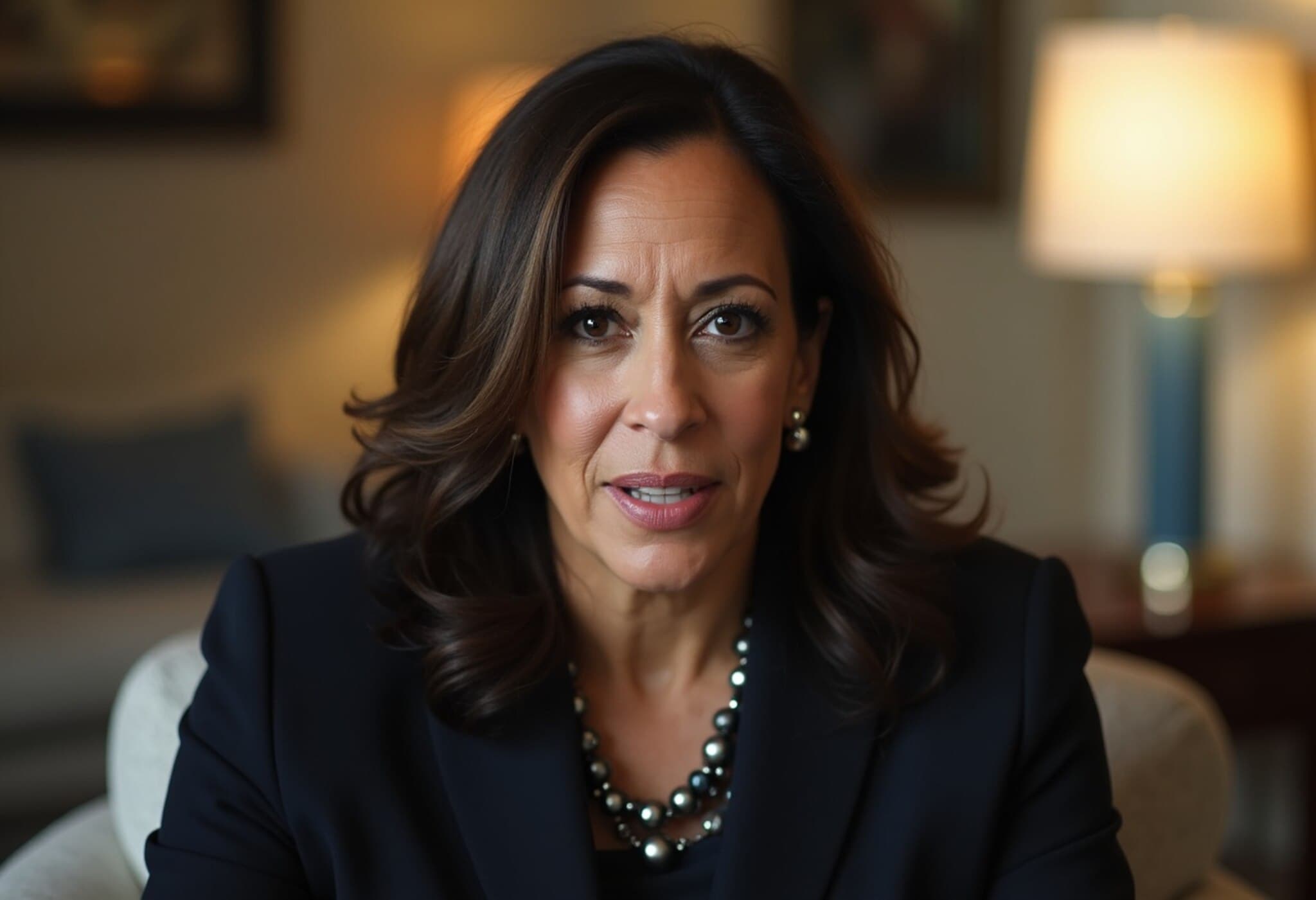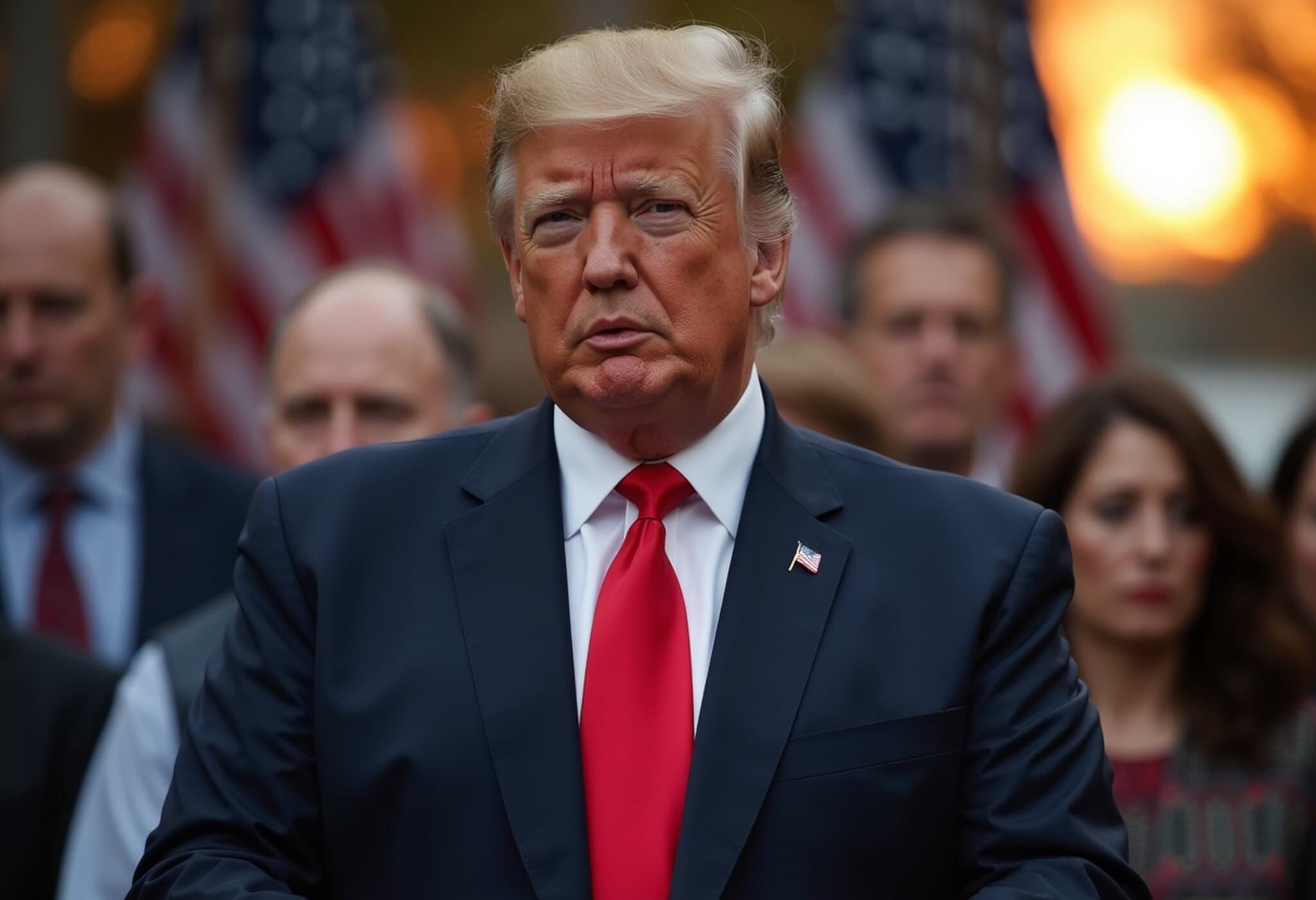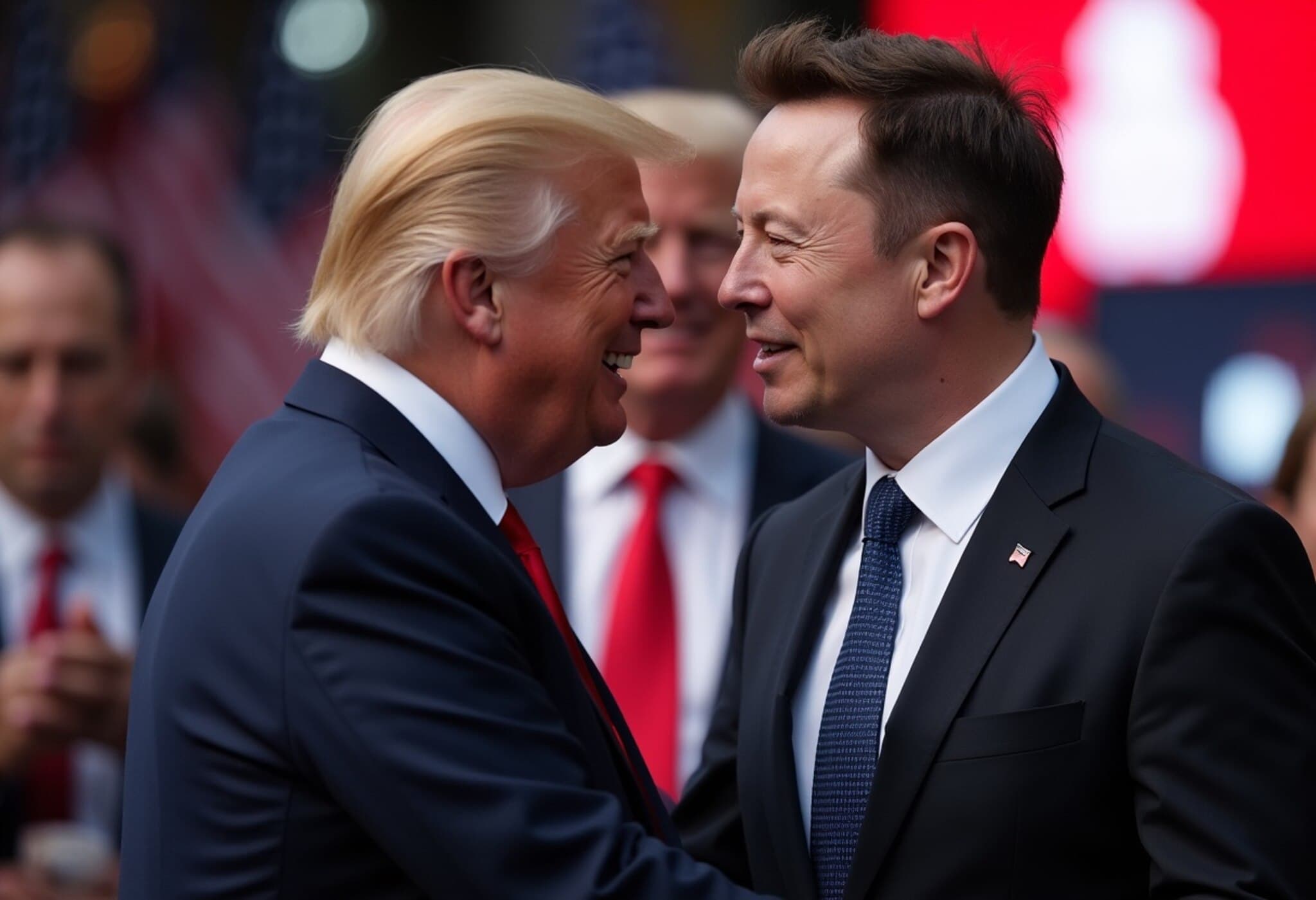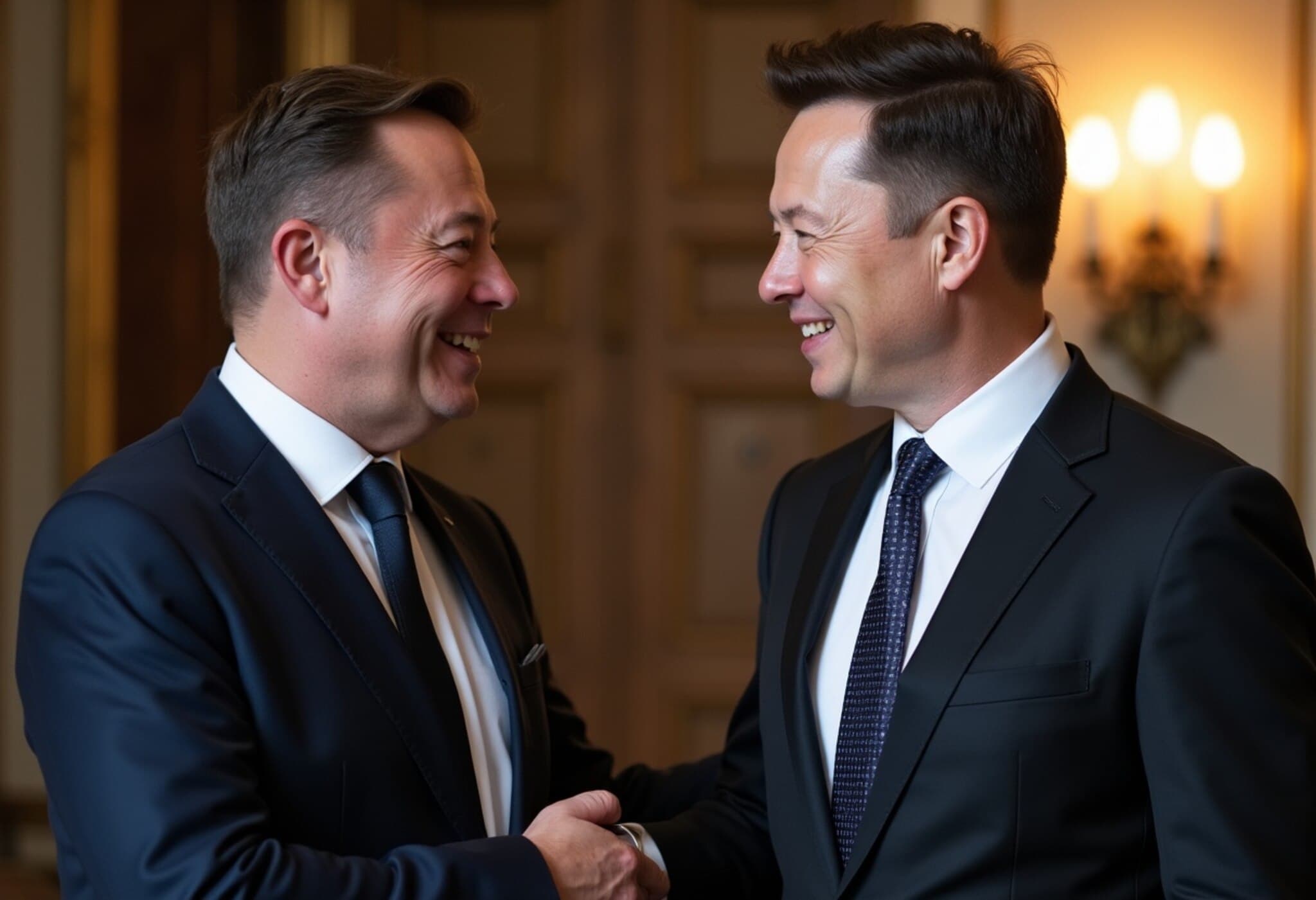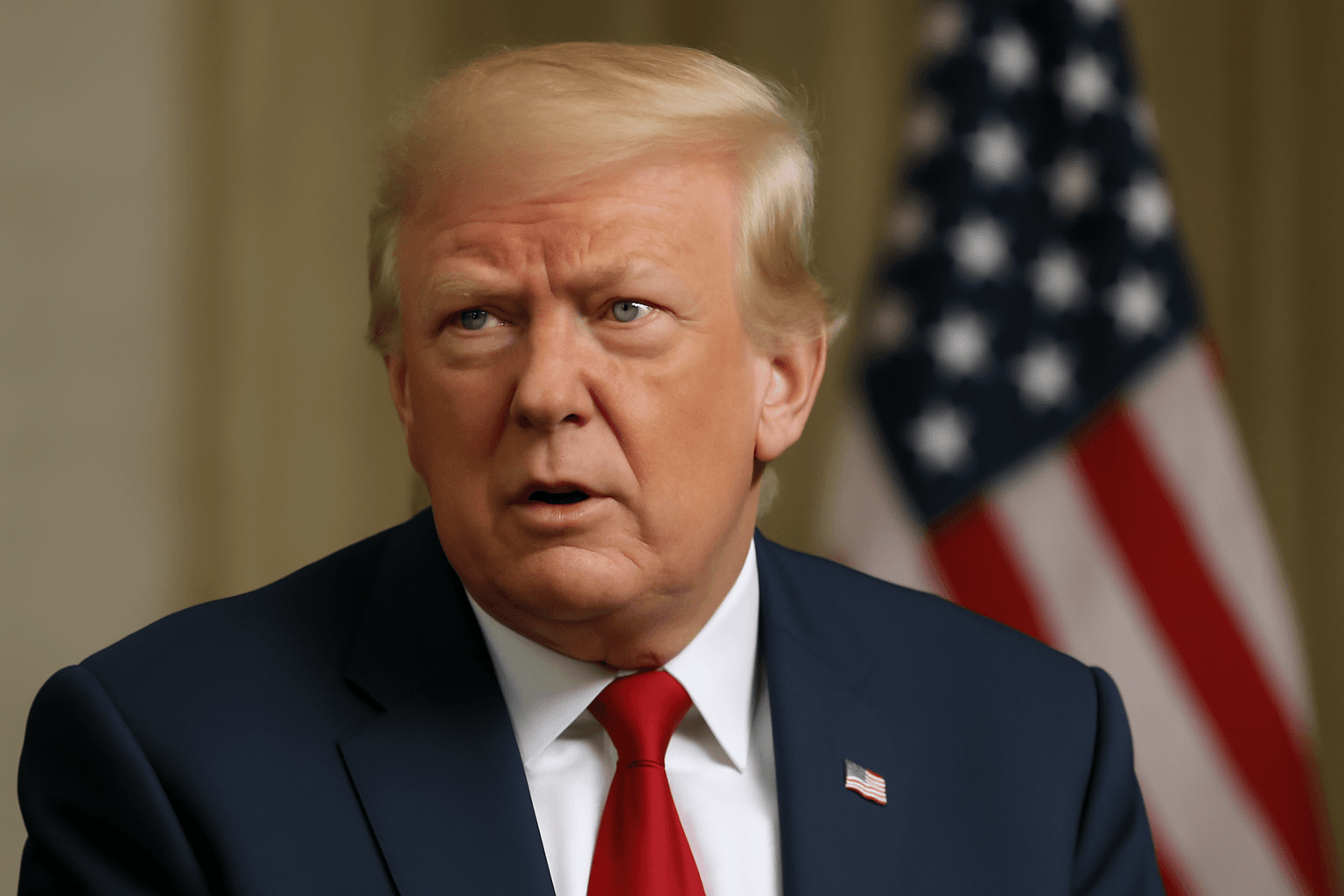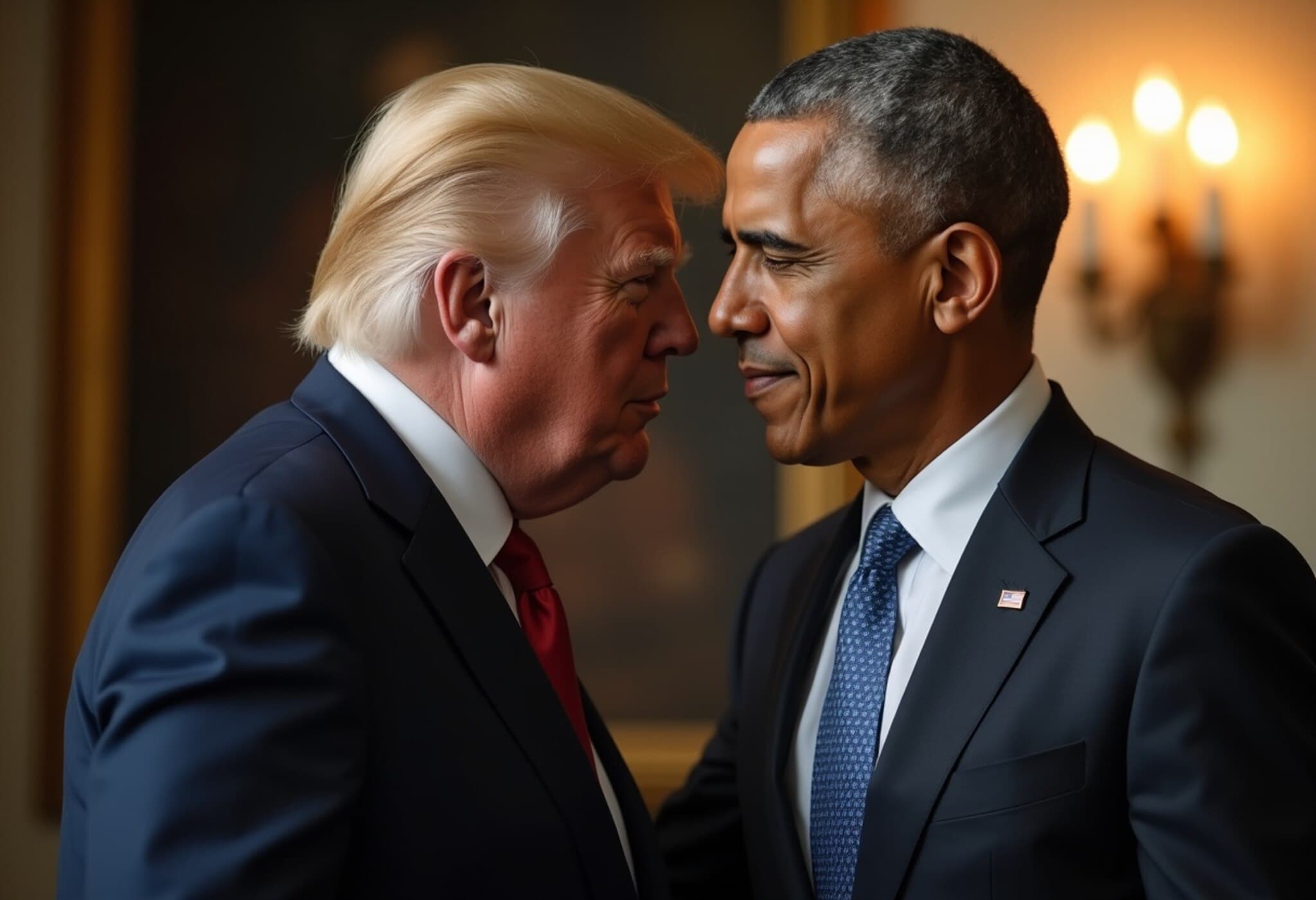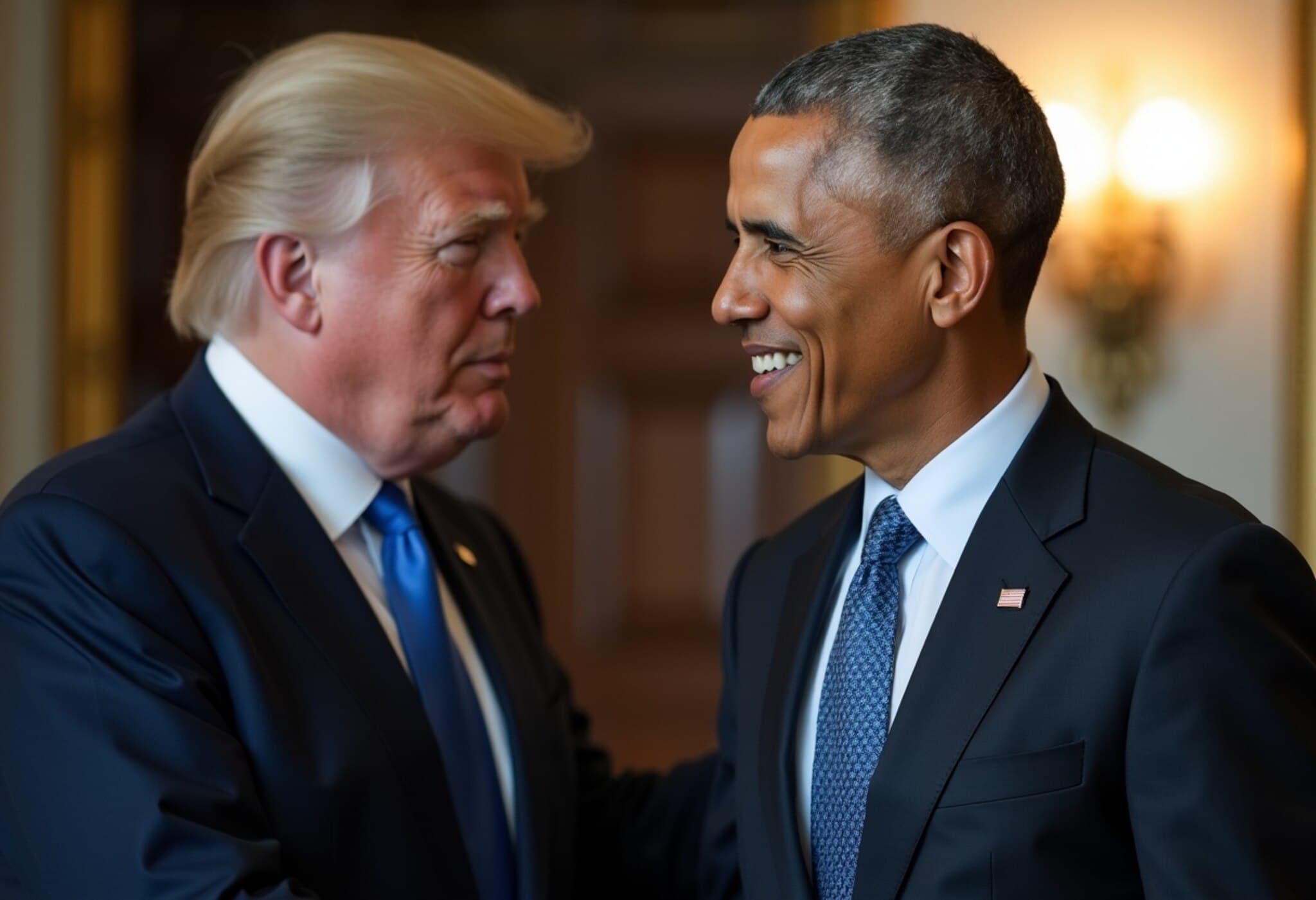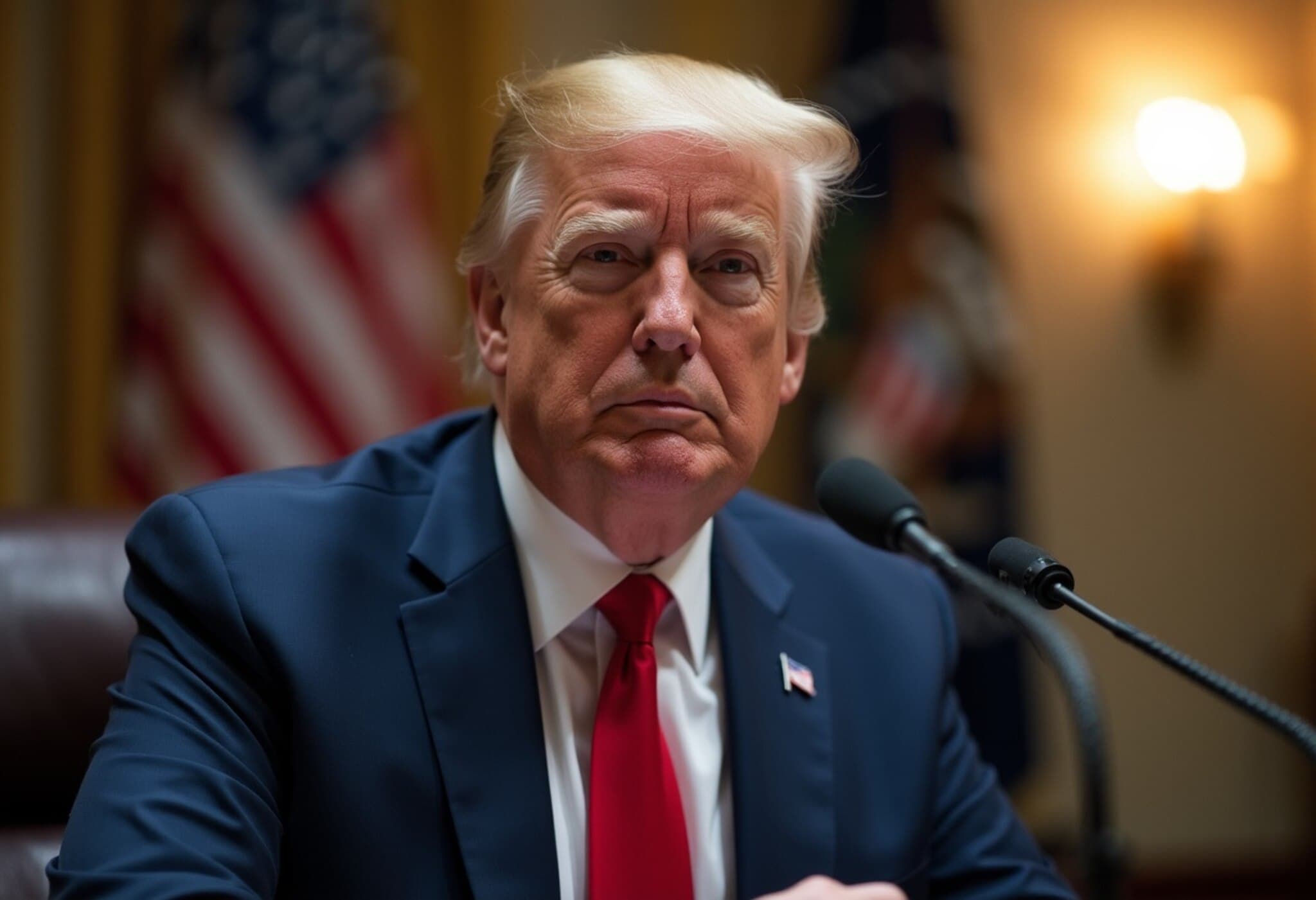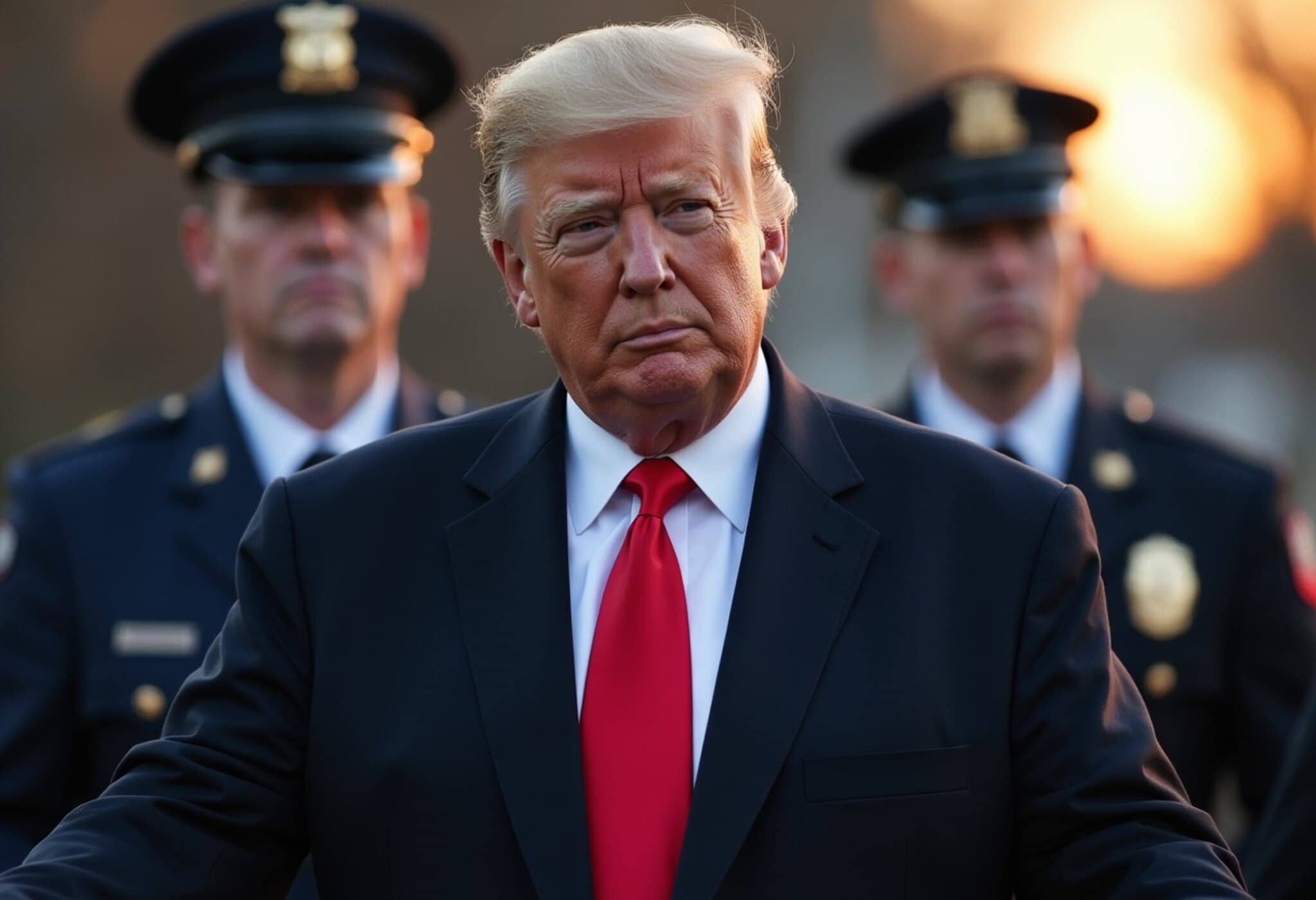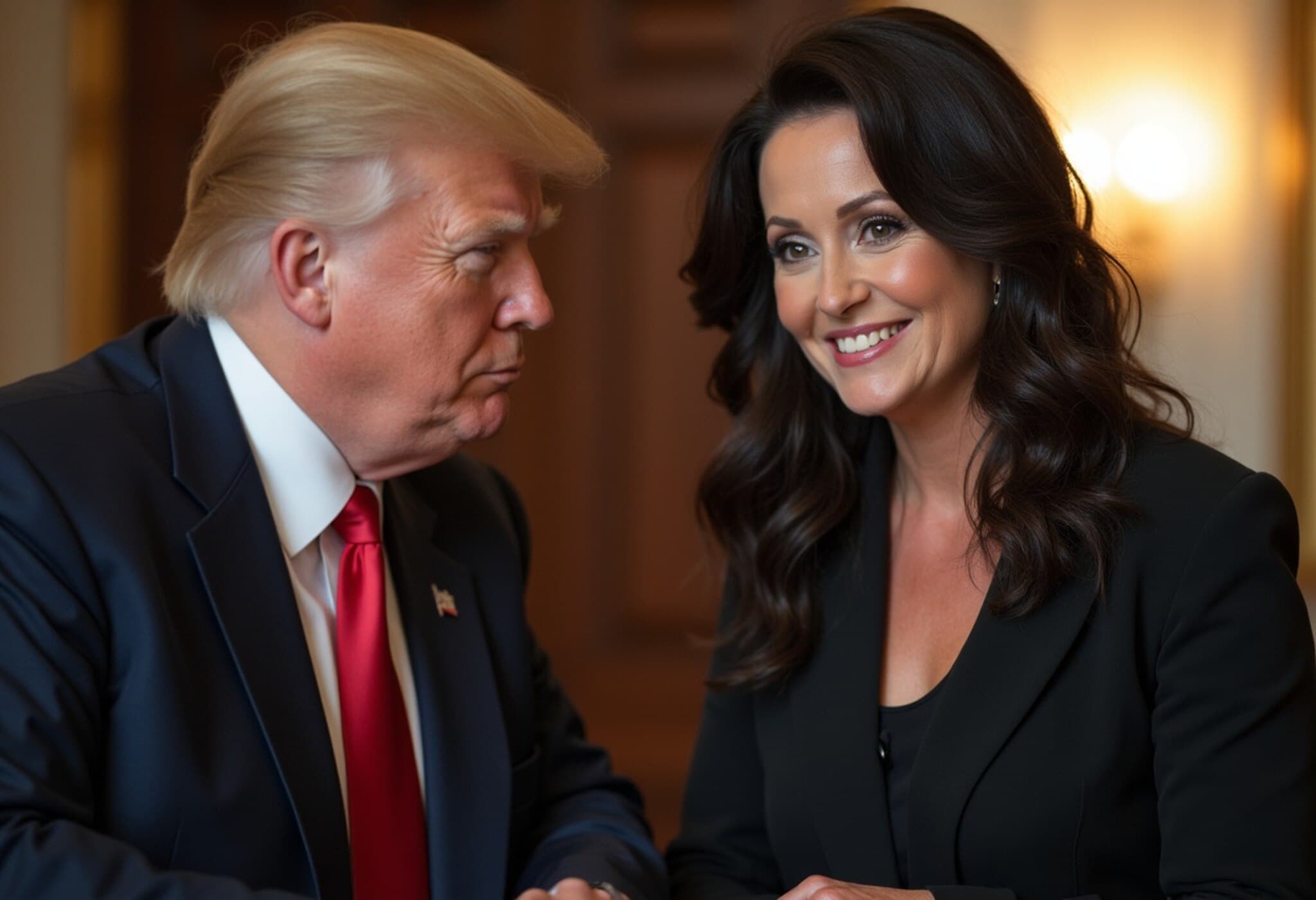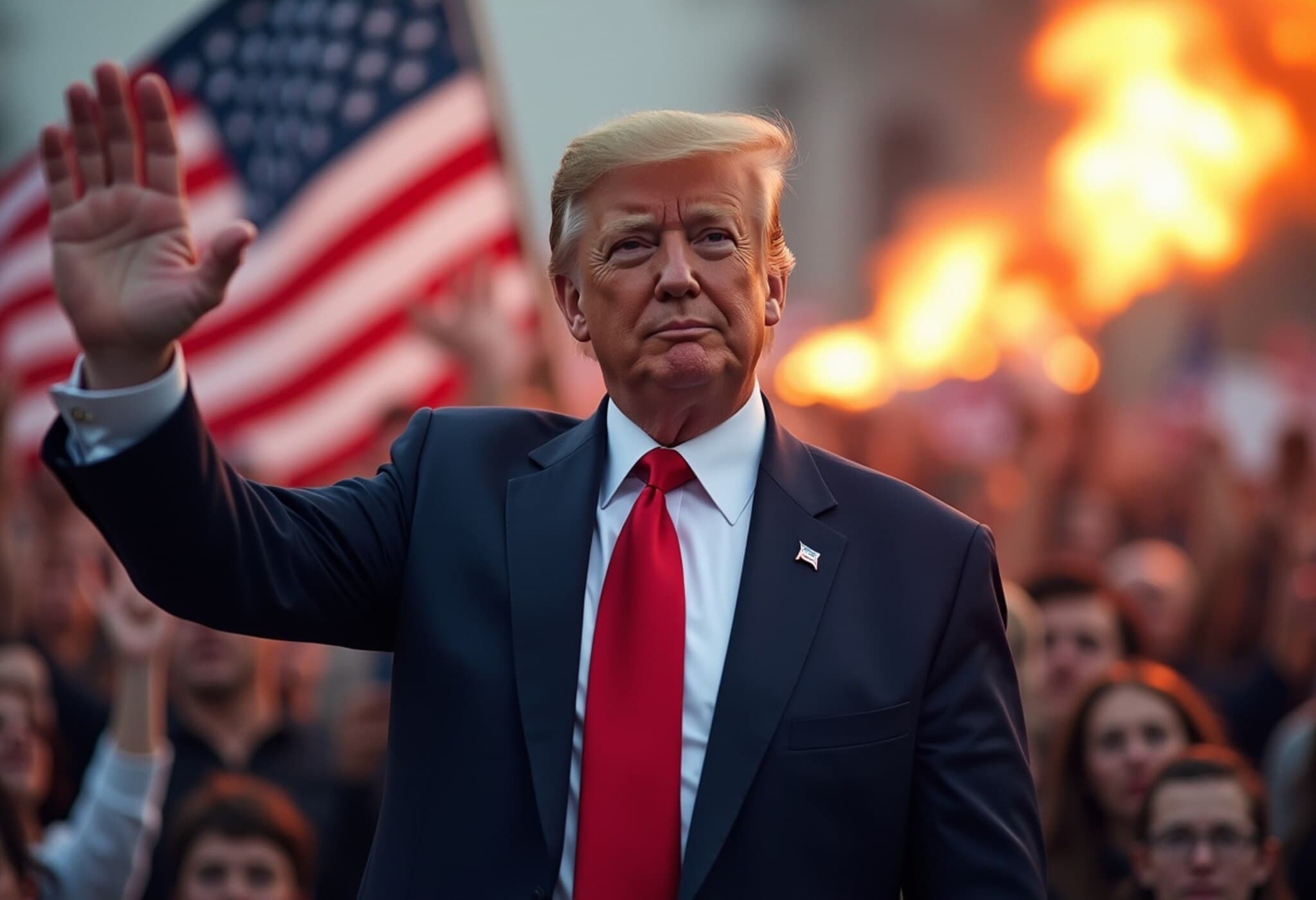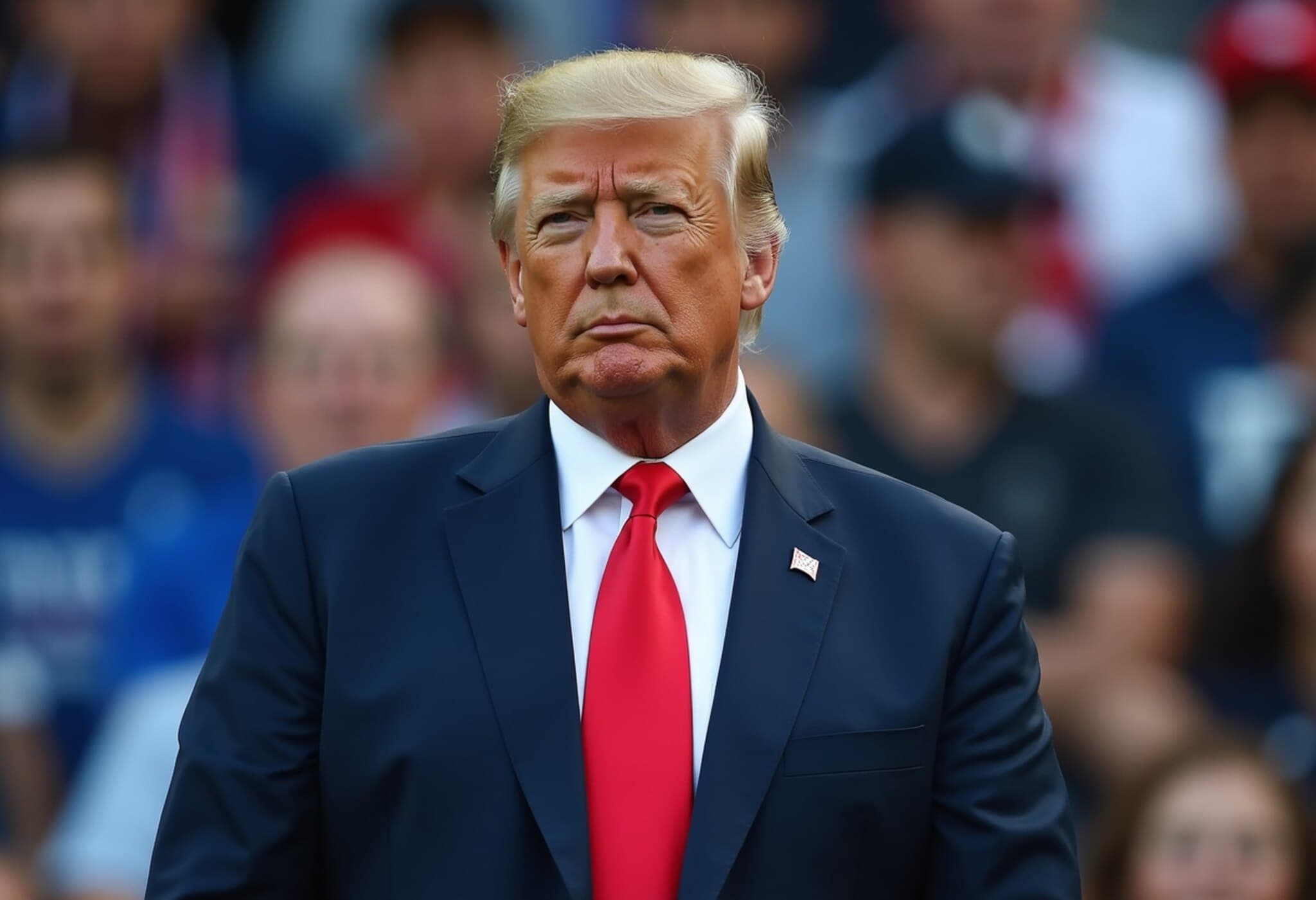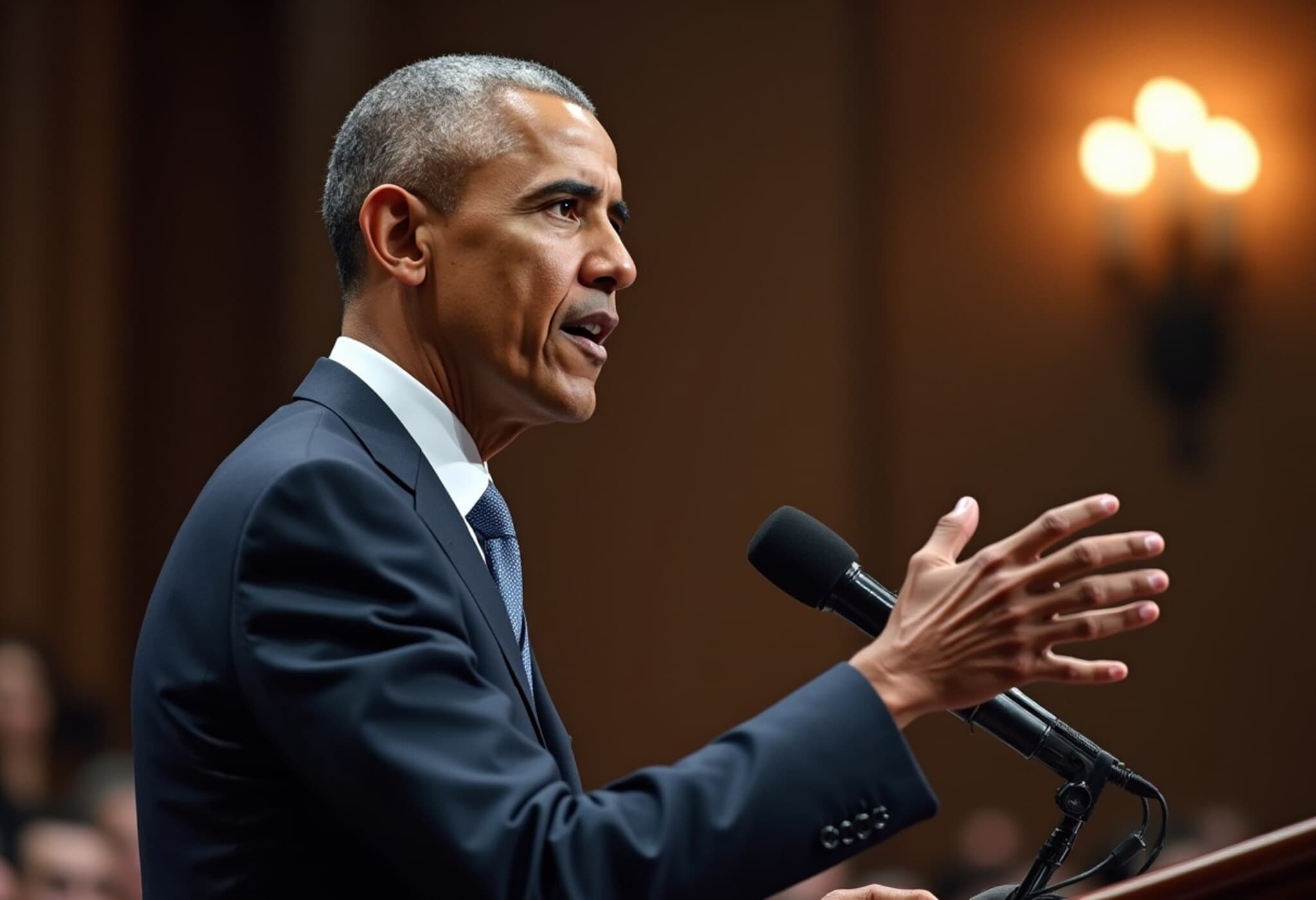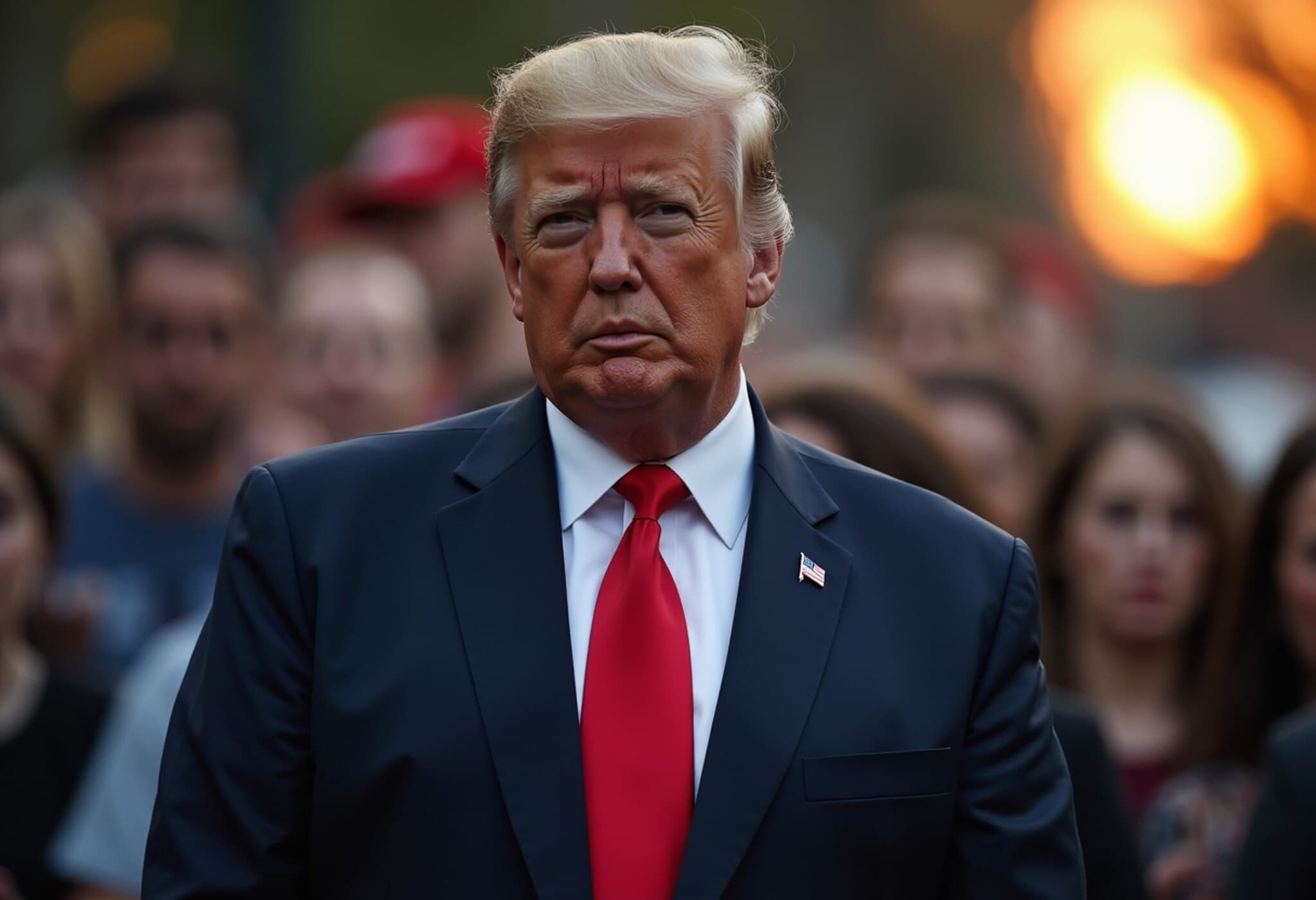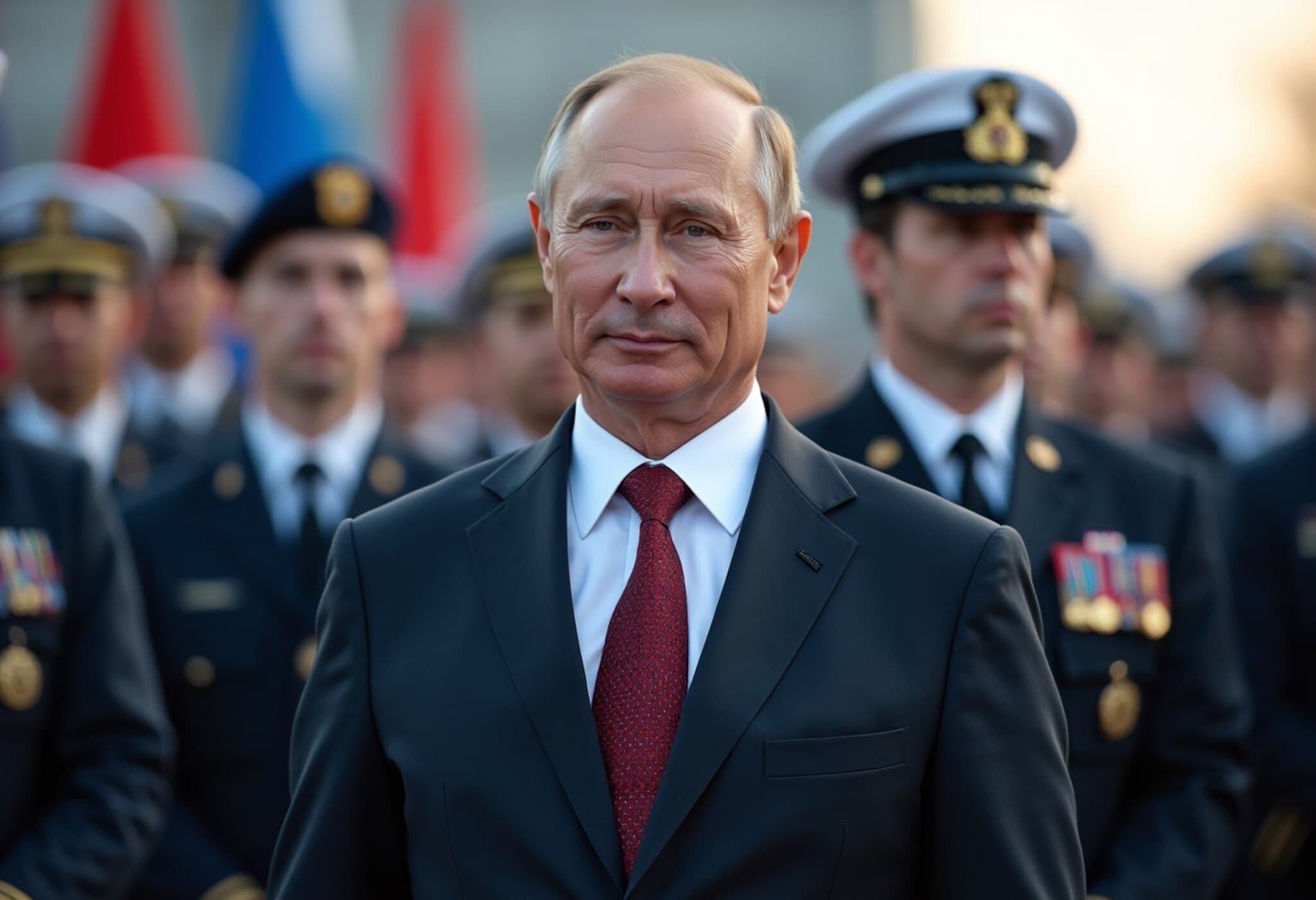Trump Stokes Political Fire with O.J. Simpson-Inspired Meme Targeting Obama and Vance
In a provocative move that underscores the relentless political theatrics defining contemporary American discourse, former President Donald Trump has once again set social media ablaze. Leveraging a sensational, doctored image riffing on the infamous 1994 O.J. Simpson white Ford Bronco police chase, Trump cast his predecessor Barack Obama as the fugitive, with Trump himself portrayed in pursuit as a police officer. The meme, first shared by Donald Trump Jr. on the platform X, further features Vice President J.D. Vance in a secondary police cruiser sporting a youthful, long-haired college-era style, amplifying the surreal political caricature.
Meme Culture Meets Political Theater
This latest jab is not an isolated incident but a continuation of Trump’s extensive use of social media to lampoon opponents. Earlier, Trump circulated an AI-manipulated video depicting Obama’s arrest within the Oval Office by FBI agents—a striking visual echoing Trump’s frequent refrain that “no one is above the law.” The video showcased a prison-clad Obama handcuffed while Trump looks on with a smile, blurring lines between political parody and provocative misinformation due to the absence of disclaimers clarifying its fictional nature.
Obama’s Camp Responds with Stark Condemnation
Obama’s spokesperson issued a pointed rebuttal describing Trump’s claims and visual attacks as “bizarre” and “ridiculous” distractions from more pressing issues. The spokesperson emphasized respect for the presidential office but underscored that the gravity of the allegations—accusing Obama’s administration of “treason” by orchestrating a conspiracy linked to Russian election interference—necessitated a firm response.
Highlighting the baselessness of these accusations, the statement referenced the recent report by former Director of National Intelligence Tulsi Gabbard, which suggested a “treasonous conspiracy” by Obama officials. The spokesperson clarified:
“Nothing in the document issued last week undercuts the widely accepted conclusion that Russia worked to influence the 2016 presidential election but did not successfully manipulate any votes.”
This assessment aligns with the bipartisan 2020 Senate Intelligence Committee report, led by then-Chairman Marco Rubio, reaffirming the integrity of U.S. electoral processes despite foreign interference attempts.
Contextualizing the Political and Legal Fallout
Trump’s accusatory rhetoric must be understood within the broader context of ongoing political polarization and the weaponization of social media. His allegations directly challenge established intelligence community findings, raising significant questions about the erosion of trust in institutions tasked with safeguarding democracy.
Moreover, Obama’s office connected these diversionary tactics to the contentious coverage surrounding the Jeffrey Epstein investigation, implying strategic distraction from contemporaneous scandals.
Expert Insight: The Legal and Political Ramifications
From a legal perspective, allegations levying claims of “treason” without substantive evidence risk trivializing a grave constitutional crime, potentially undermining serious accountability efforts. Politically, the use of meme culture to depict such high-stakes accusations exemplifies the rapid fusion of entertainment and governance in the digital age, where public perception is increasingly shaped by viral narratives rather than nuanced dialogue.
For policymakers and stakeholders, this incident raises critical questions:
- How does social media-driven political rhetoric affect public trust in democratic institutions?
- What safeguards are necessary to prevent misinformation, particularly pertaining to national security matters?
- How might continued escalation in such political posturing impact bipartisan efforts on election integrity and rule of law?
Looking Ahead: Navigating a Fraught Information Environment
As political actors sharpen their social media arsenals and AI-generated content complicates truth verification, citizens and analysts alike face the challenge of discerning credible information amid cacophony. The Trump-Obama meme saga highlights the urgent need for media literacy and responsible platform governance to sustain democratic norms.
While political rivalries often manifest through symbolic acts or rhetoric, the elevation of memes and AI-driven visuals into mainstream political discourse signals a transformative era in information warfare. Readers are encouraged to critically evaluate such content, considering both the legal implications of unsubstantiated accusations and the broader impact on societal cohesion. This episode underscores not just a clash between political figures but a broader struggle over truth and trust in 21st-century democracy.



